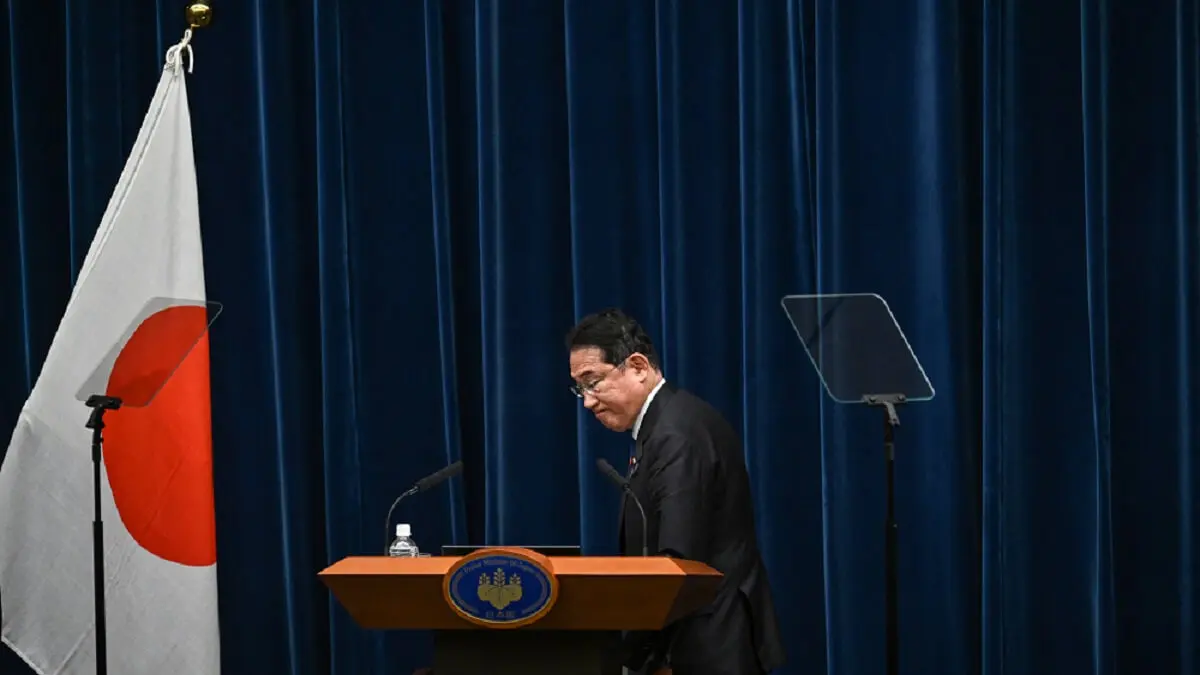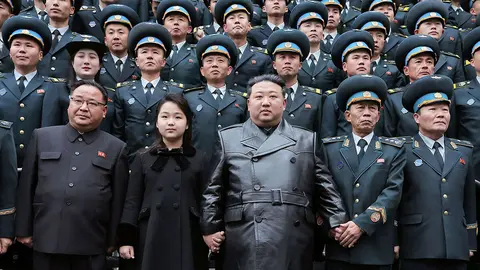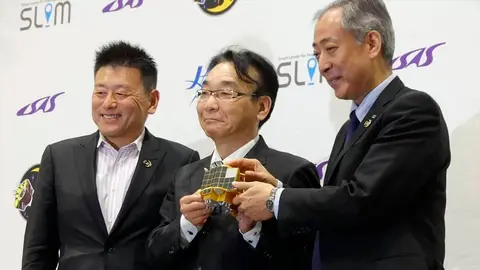Kishida can't take the pressure and announces his resignation

A member of parliament for the iconic Hiroshima prefecture since 1993, Kishida succeeded his father and grandfather in the seat, which gives a good idea of the weight of tradition in Japanese politics.
In announcing his resignation on Wednesday, Fumio Kishida justified it on the grounds that "in this election for the LDP leader, it is necessary to show the people that our political formation is changing, and the first step to that is my own resignation. I take this hard decision with the firm conviction that political activity is only possible if you have the confidence of the people".
At the head of the weakest faction of the LDP, Kishida had to make many concessions since taking office in 2021 to the party's strongest factions, especially the ultra-nationalist wing, led until his assassination by former Prime Minister Shinzo Abe, Kishida's own mentor, who never managed to approach the charisma of his predecessor.
Beyond his own words, the two main reasons for Kishida's forthcoming resignation are his very weakened popularity (barely 25% approve of his administration, according to NHK polls), and the financial scandals that have rocked the party, especially over the last year. His loss of popularity is mainly due to the failure of his November 2023 Stimulus Plan, in which he decreed a package of measures and investments worth 17 trillion yen (106 billion euros), which have failed to reduce the high prices of Japanese imports, especially food, almost all of which comes from abroad. Despite such a formidable financial injection, Japan has also failed to straighten out its industrial production, which fell by 0.7% in the first quarter of 2024. And, with respect to the country's own currency, the yen was one of the hardest hit throughout 2023, with a sharp depreciation (10.14%) against the euro and the dollar.
As for his party's financial scandals, these centre on alleged payments that have allegedly gone into the pockets of several LDP members. They are accused of having exceeded legal limits in fundraising, which in itself would be against the law, regardless of where the alleged over-collection went.
At 67 years old and more than half of his life in politics, Fumio Kishida nevertheless leaves behind a strengthened Japan's international policy. He has established the best relations with South Korea since World War II, and strengthened ties with the United States. Last April he signed 70 major defence agreements with Washington, including specific chapters on advanced technological cooperation, from missile construction to joint ship landings, to devising common actions and strategies for the containment of China in its South and East Seas, all with the obvious purpose of preventing Beijing from trying to take over Taiwan, which it considers "a rogue island, inalienably part of China".
Washington's agreement, which would later be reinforced by the inclusion of the Philippines in the containment architecture, provoked immediate anger from Chinese President Xi Jinping, whose spokesmen accused Washington and Tokyo of "having formed an alliance to defame and attack China".
Kishida also pledged to create an air defence and missile architecture with the United States and Australia, while outlining the launch of trilateral military exercises with the United States and the United Kingdom.
All of this scaffolding will be left to Kishida's successor as he launches the race that is due to culminate in September. The still Japanese prime minister said he "hopes that the candidates [to lead the LDP, and consequently the government] have the necessary qualities to commit themselves to contesting the post in a serious debate", alluding to the major changes that a hegemonic party like the LDP, which has not been out of power since 1945, needs to make.



